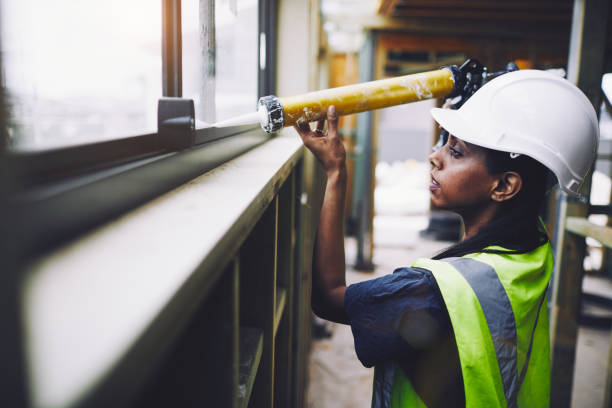Construction is a risky industry. Aside from safety hazards that increase the risk of bodily injury in workers, construction companies also have to deal with issues such as potentially risky site conditions, problematic change orders, theft or damage to tools, materials, and equipment, problems with suppliers, and natural disasters. With builders insurance, construction companies will have coverage and financial protection in case something does go wrong during a project.
What is Builders Insurance?
Builders risk insurance is a type of insurance that provides coverage for properties that are being built. It is sometimes called construction insurance and is meant to protect against damage, and/or loss of construction materials, tools, equipment, and other items relevant to the covered construction project. The coverage will likely cover for damage as a result of fire, theft, lightning, explosions, vandalism, and hail. It may also include protection from events categorized as Acts of God, such as wildfires and hurricanes.
Builders insurance covers residential and commercial buildings and structures that are under construction. It may also offer coverage for materials, supplies, and equipment. The types of projects that are eligible for protection under this type of insurance are remodels, new ground-up constructions, and installations which may be residential or commercial in nature.
Insurance companies generally offer coverage extensions to cater to the needs and requirements of their clients. These extensions are optional and may be obtained to customize the policy so the needs of the client are met. Examples of extension coverage may include temporary structures, construction forms, cleanup (usually for pollutants), and debris removal with disposal in case of a loss.
Building Construction Risks
Even before starting a project, builders are already exposed to certain risks, such as a shortage in materials and other supplies. There may also be productivity issues that could affect construction schedules and lead to costly delays. Labor shortage is also a common issue and has been a common problem among builders and contractors. Although jobs are available, there may not be enough workers with the right set of skills to fill the positions.
Another common building construction risk that builders must be aware of is safety. All project sites must implement and adhere to the minimum health and safety standards. Site conditions can be controlled up to a certain degree. However, there are unexpected events that could occur, placing workers at risk of bodily harm. If an event leads to an accident, it could delay or even stop the project, which will likely affect the schedule of completion and cost. It could also lead to low morale and lack of productivity among workers.
Who Should Obtain Builders Insurance?
Any person or organization that is involved in a construction project and stands to gain or lose due to financial interest should consider getting builders insurance coverage. These include builders, contractors, subcontractors, architects, property owners, development companies, house flippers, retail companies, and even lenders.
Are There Exclusions to the Coverage?
Insurance companies may impose exclusions on builders insurance coverage. These exclusions may include:
-Earthquakes, wind, or flood
-Structures built on beach zones
-Acts of war and/or terrorism
-Mechanical damage and breakdowns caused by faulty design, materials, planning, and/or workmanship
-Rust and corrosion
-Wear-and-tear
Although exclusions are in place, builders have the option to apply for coverage extension. The extension will help cover for projects that have a high vulnerability to these types of risks. A coverage extension is also particularly helpful for builders who want protection against loss that may occur as a result of damage to equipment or other property that may have resulted from faulty work.
Provisions for exclusions differ across different insurance providers and policies, which is why it is critical to examine any policy to determine if it offers the type of coverage required for a certain project. Insurance companies also tend to charge an additional cost for exclusionary provision but this extension will provide much-needed protection in case problems do occur.

